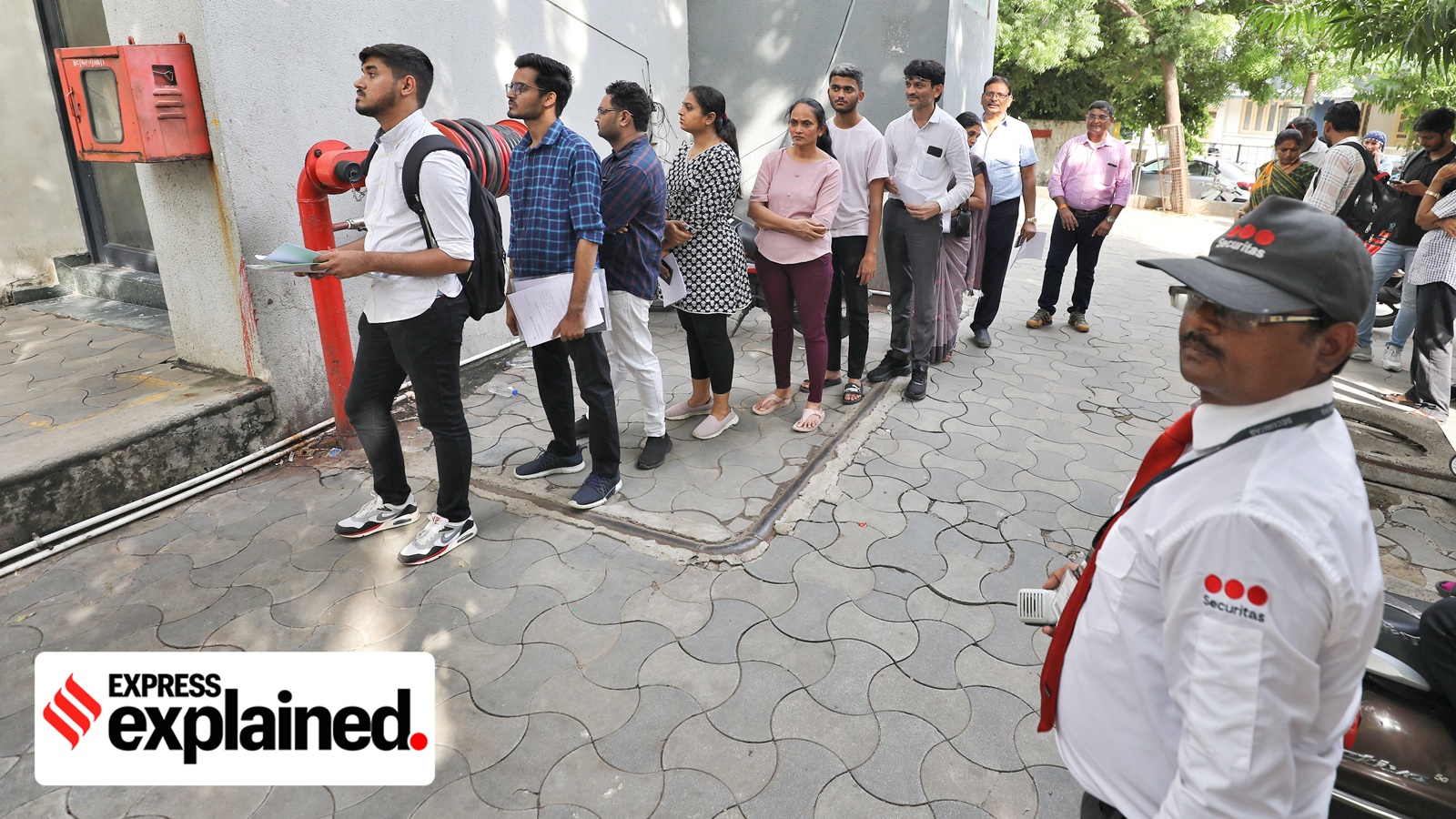The process of obtaining a Canadian student visa has experienced delays of three to four months since January of this year, after the The Canadian government has made several policy changes for international students.
Several students who tried to obtain a visa during the May intake were unsuccessful and are now considering enrolling for the September intake.
How can students with pending and new applications improve their chances of obtaining a Canadian study visa and how does the process work? We explain.
Why do students experience visa processing delays?
According to consultants who advise on Canadian study programs, the Canadian government has implemented several changes to student visas, including capping the number of international students.
Letters of Attestation, issued by Canadian provinces/territories, are now mandatory for international students seeking to obtain a study permit/visa. Offer letter from college/university is also required.
The consultants noted that these changes came into effect on January 22 and that several provinces/territories have not yet issued the attestation letters. Visas cannot therefore be processed.
Gurpreet Singh, a consultant from Punjab, said students first receive offer letters from colleges, followed by letters of acceptance (LOA) after paying a nominal tuition fee. Colleges then obtain letters of attestation from the province for the students.
“Currently, Montreal (in the province of Quebec) issues the attestation letter, and other provinces have also started following suit. In Montreal, students previously had to obtain a CAQ (Quebec Acceptance Certificate), and now the attestation letter is issued instead of the CAQ,” he said.
Confusion among Canadian colleges over the process has led to delays in issuing attestation letters, resulting in a long wait for students.
“I applied for a study visa in the second week of January for the May intake, but there was no response from Canada due to delays in issuing the attestation letter by the British Columbia, where my college is,” said Kamalpreet Singh, a student. from Gurdaspur, Punjab.
How can students speed up the processing of their documents for a Canadian visa?
The consultants suggest that if students have obtained the letter of attestation and are still experiencing delays, they should ensure that the program they have chosen is not one of the “prohibited courses.” These are low-demand courses that colleges drop if they believe the programs are not attracting qualified students.
If everything is in order and there is no response on the application, students should consider submitting a web form on the Canadian government website. This is done to receive information regarding the visa process or to apply for a CAIPS (Computer Assisted Immigration Processing System), which provides information about the visa application within three to four weeks.
The last resort is to withdraw the application and reapply, although this process is tedious and may incur additional costs, especially if fees have already been paid for the course you originally applied for.
Applicants should carefully review the list of public colleges available on the official Canadian government website and apply only to those offering courses to international students.
Gurpreet Singh said that thorough verification before submitting an application can lead to an increased visa success rate, despite the current slowdown in the visa process.
Colleges should also be quicker in providing attestation letters to facilitate September registrations as they too are facing losses, and the system will be streamlined soon, he added.

“Thinker. Hardcore web aficionado. Zombie evangelist. Pop culture trailblazer. Student. Passionate twitter maven.”







